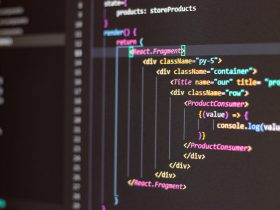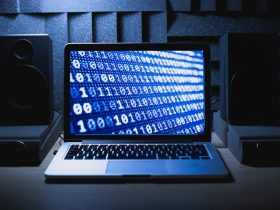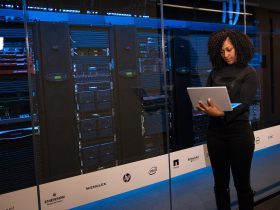Artificial Intelligence (AI) has rapidly become one of the most transformative technologies in various sectors, and education is no exception. With the potential to revolutionize how we teach and learn, AI holds the key to unleashing the power of education in ways we never thought possible.
One of the significant advantages of AI in education is its ability to personalize the learning experience for students. Traditionally, classrooms have been designed to cater to the needs of the majority, leaving some students behind. However, with AI, the learning process can be tailored to meet the specific needs of each individual learner. By analyzing vast amounts of data on student performance, AI can identify areas where a student struggles and provide personalized recommendations, resources, and tailored assessments to address those weaknesses. This individualized approach ensures that each student receives the support they need to succeed.
AI-powered virtual tutors are another exciting development in the field of education. These virtual tutors use machine learning algorithms to understand student behavior and adapt their teaching strategies accordingly. Virtual tutors have the unique ability to provide immediate feedback to students, allowing for continuous progress and improvement. Moreover, they are available around the clock, making education accessible to students anytime and anywhere.
The use of AI also extends beyond supporting students; it can assist teachers in making their job more efficient and effective. AI can automate administrative tasks such as grading, scheduling, and data analysis. This frees up teachers’ time, allowing them to focus on what they do best: inspiring and guiding students. AI can also help teachers in creating engaging and interactive lesson plans by suggesting educational resources, incorporating multimedia elements, and adapting content based on student feedback.
Moreover, AI has the potential to break down language barriers and create a more inclusive educational environment. AI-powered translation tools can help students who speak different languages access educational content in their native tongue. This enables students to participate fully in the learning process, regardless of their language skills, and fosters cultural diversity within classrooms.
While the benefits of incorporating AI in education are undeniable, it is essential to address potential concerns. Privacy and data security are paramount, as AI relies on collecting and analyzing vast amounts of student data. Policies should be put in place to protect student privacy and ensure ethical usage of this data. Additionally, the digital divide must be considered, as not all schools and students have equal access to technology. Efforts should be made to bridge this gap and make AI-powered education accessible to all.
Summary
The power of AI in education is immense and has the potential to transform the way we teach and learn. From personalized learning experiences to virtual tutors and improved teacher efficiency, AI can revolutionize education. It is crucial to embrace this technology responsibly, ensuring privacy and accessibility for all, as we tread this promising path towards a more inclusive and effective education system.



















Leave a Reply